- La Pépite OCTECH
- Nos Produits
- Notre Expertise
- Actualités
- Contact

Prochainement...
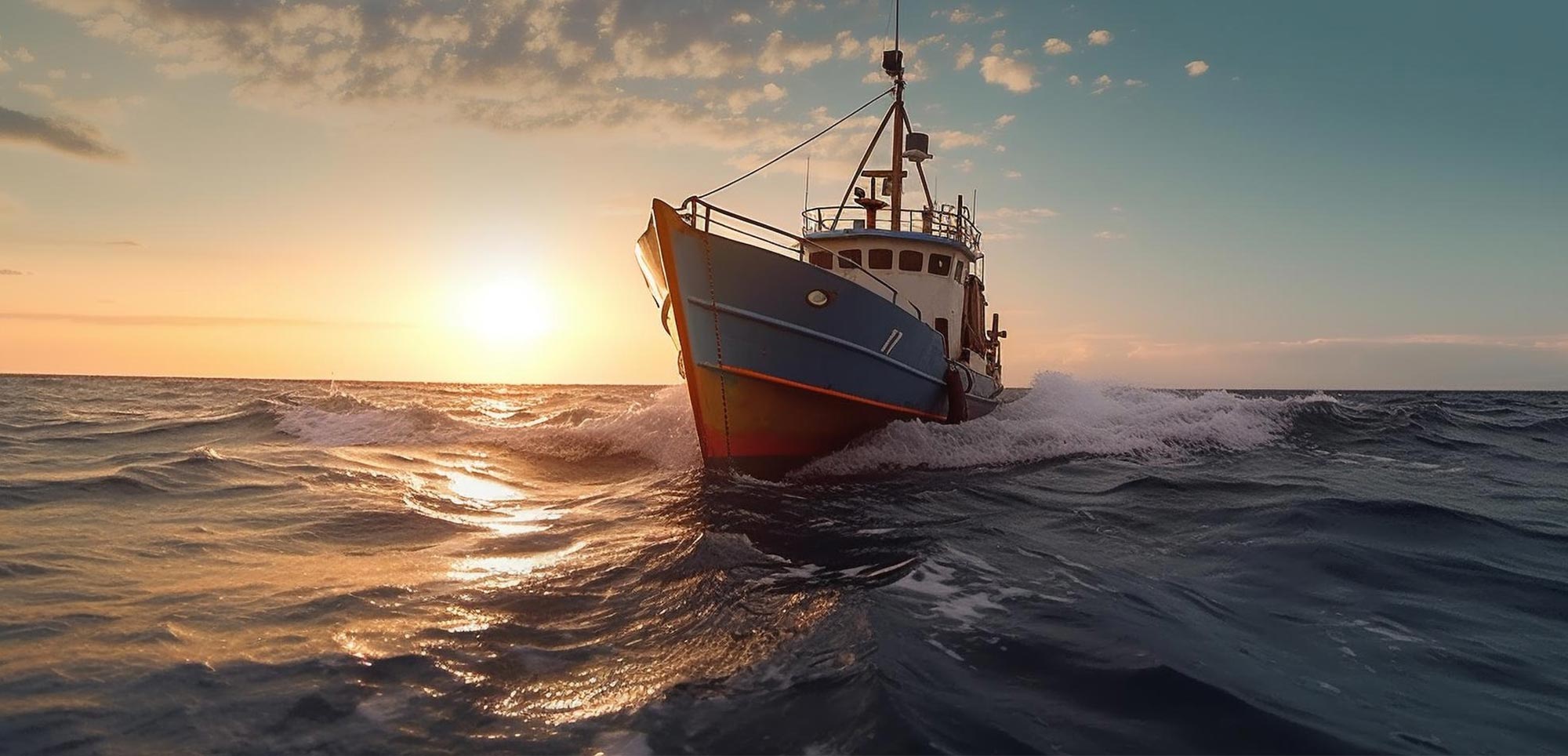

Fort d'une expérience cumulée de plus de trente années dans l'expertise en technologie de pointe, OCTECH conçoit, développe et fabrique des solutions innovantes d’instrumentation océanographique et des dispositifs permettant la réduction des prises accidentelles de cétacés lors des opérations de pêche.
Immergez-vous et plongez dans l'excellence avec OCTECH.
Vos besoins spécifiques n’attendent pas, contactez-nous !



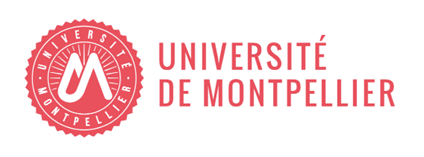
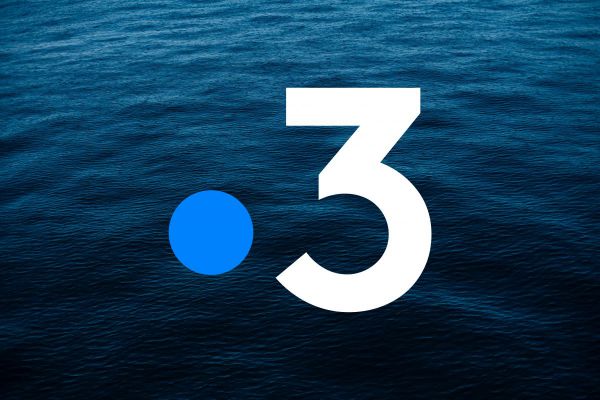 2024
OCTECH à l'honneur sur France 3 Bretagne !
2024
OCTECH à l'honneur sur France 3 Bretagne !
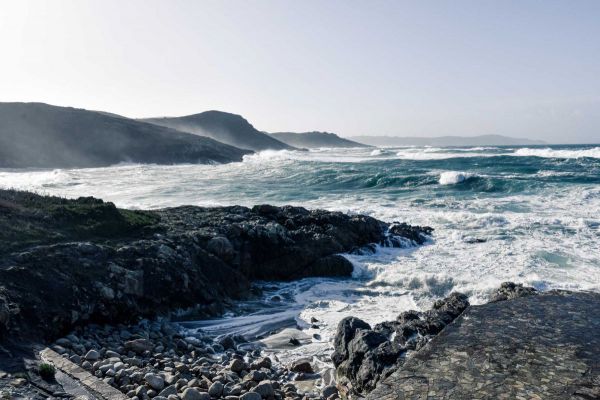 OCTECH est à l’honneur dans le Ouest France et Le Marin
Lien vers l'article
OCTECH est à l’honneur dans le Ouest France et Le Marin
Lien vers l'article
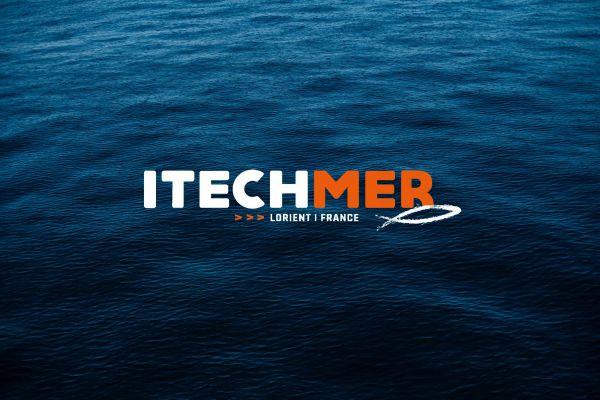 OCTECH à ITECHMER 2023 !
Lien vers l'article
OCTECH à ITECHMER 2023 !
Lien vers l'article
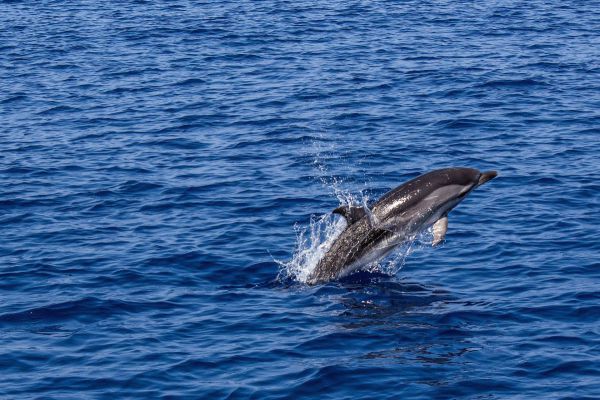 Documentaire : Projet Dolphin Free
Lien vers l'article
Documentaire : Projet Dolphin Free
Lien vers l'article